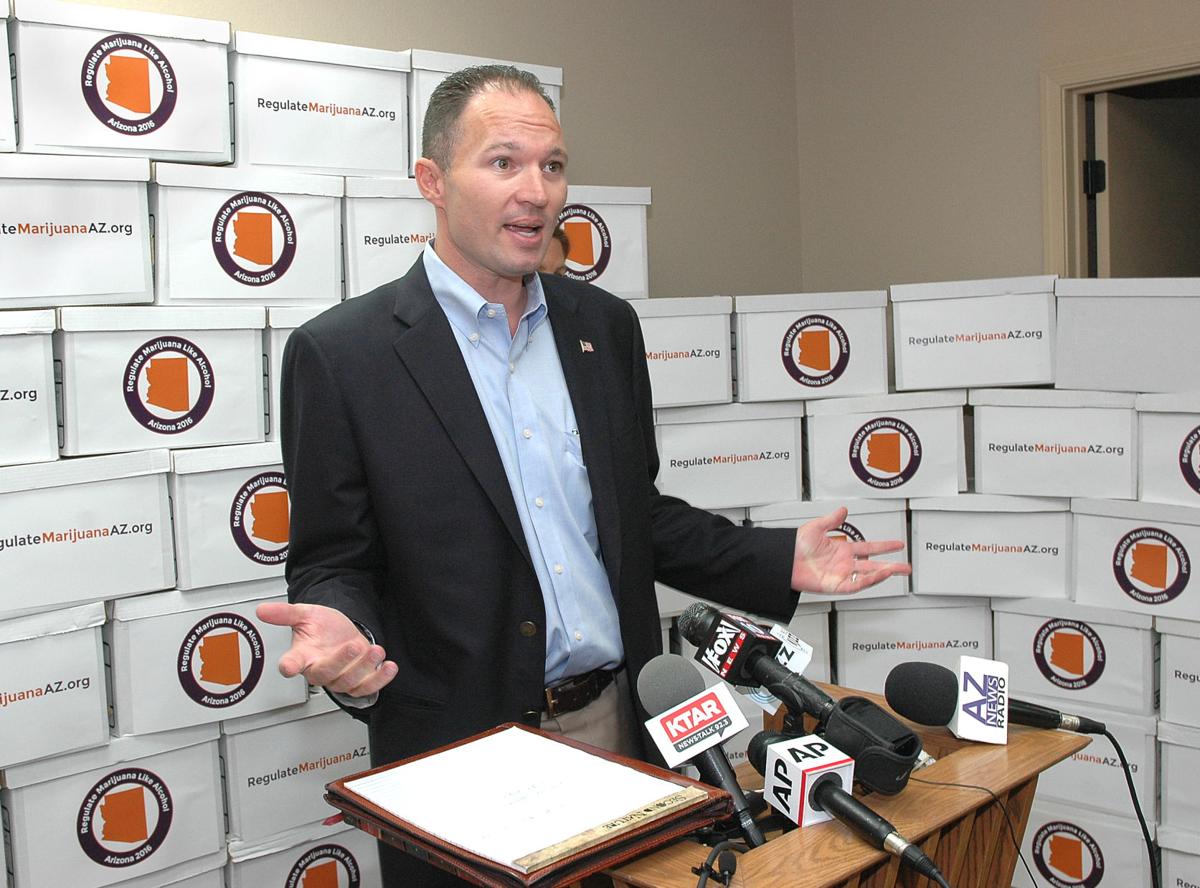PHOENIX — The campaign to allow recreational use of marijuana is on amid questions of whether the measure would allow people to legally drive while under the influence of the drug.
Supporters today submitted what they said were petitions with 258,582 signatures seeking to change the law. That is more than 100,000 more than the secretary of state's office needs to declare valid to put the issue on the November ballot.
But amid the nearly 10,000 word proposal is language saying that individuals cannot be penalized solely because they test positive for not just marijuana metabolites that are left over weeks after using the drug but the actual "components of marijuana.'' And that would include the psychoactive element of the drug.
Despite that, attorney Ryan Hurley who represents the Campaign to Regulate Marijuana Like Alcohol insisted this would not permit drugged driving. He pointed out that the measure also says the law would not immunize someone from being charged with operating a motor vehicle "while impaired by marijuana or a marijuana product.''
But Hurley acknowledged that there is nothing in the proposal to define what level of marijuana makes someone "impaired.''
He said the legislature could enact a specific standard at which someone is presumed impaired. That's the situation with alcohol, where a blood-alcohol content of 0.08 is enough for a court to conclude someone was driving while impaired.
Maricopa County Attorney Bill Montgomery, a foe of legalized recreational marijuana, said he's not sure the language of the ballot measure would allow that.
And even if lawmakers would approve a presumptive limit, the actual number could be challenged by supporters of marijuana use as arbitrary.
The pros and cons of recreational use aside, the measure also has one other provision that could generate some opposition.
It limits the number of places where the drug could be legally sold to something in the 150 range for the entire state, at least until 2020. And the individuals and companies that now operate medical marijuana dispensaries, some of whom are financing the campaign, would have first crack at getting one of those limited licenses.





